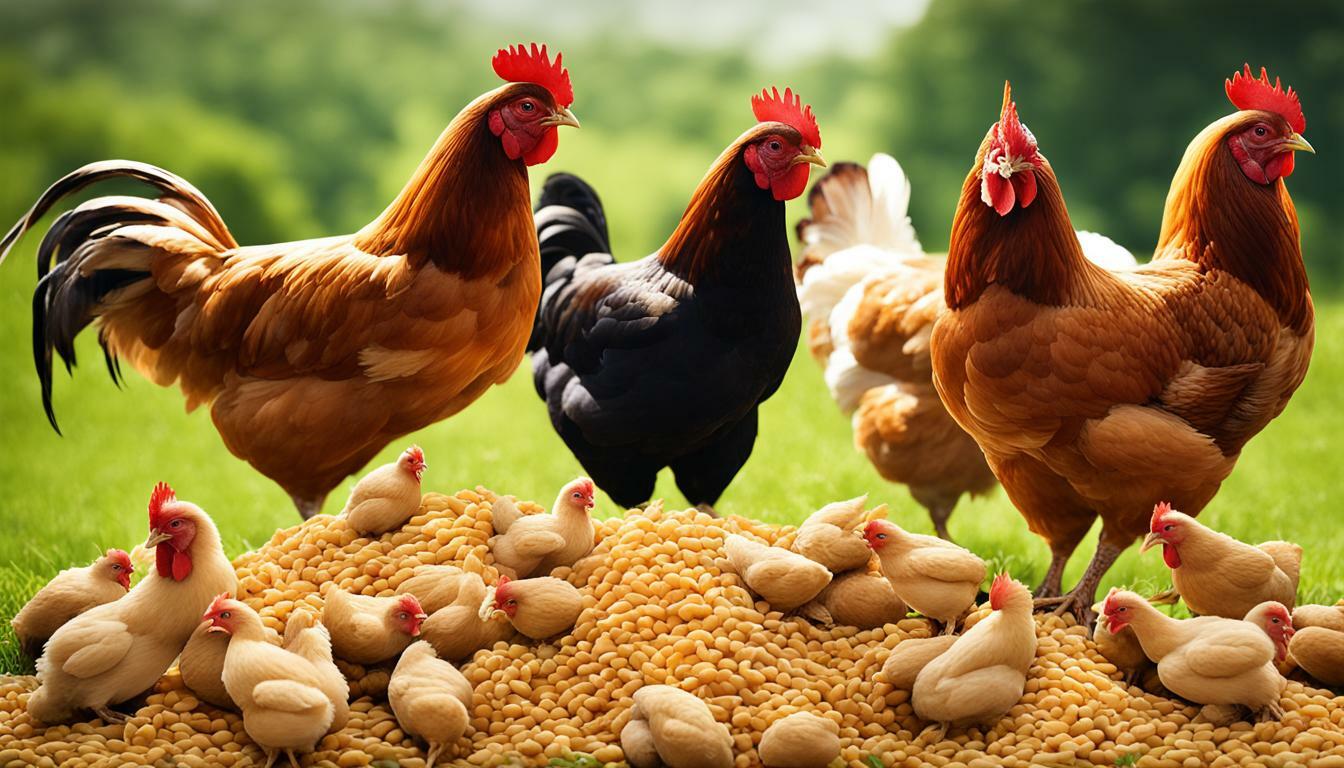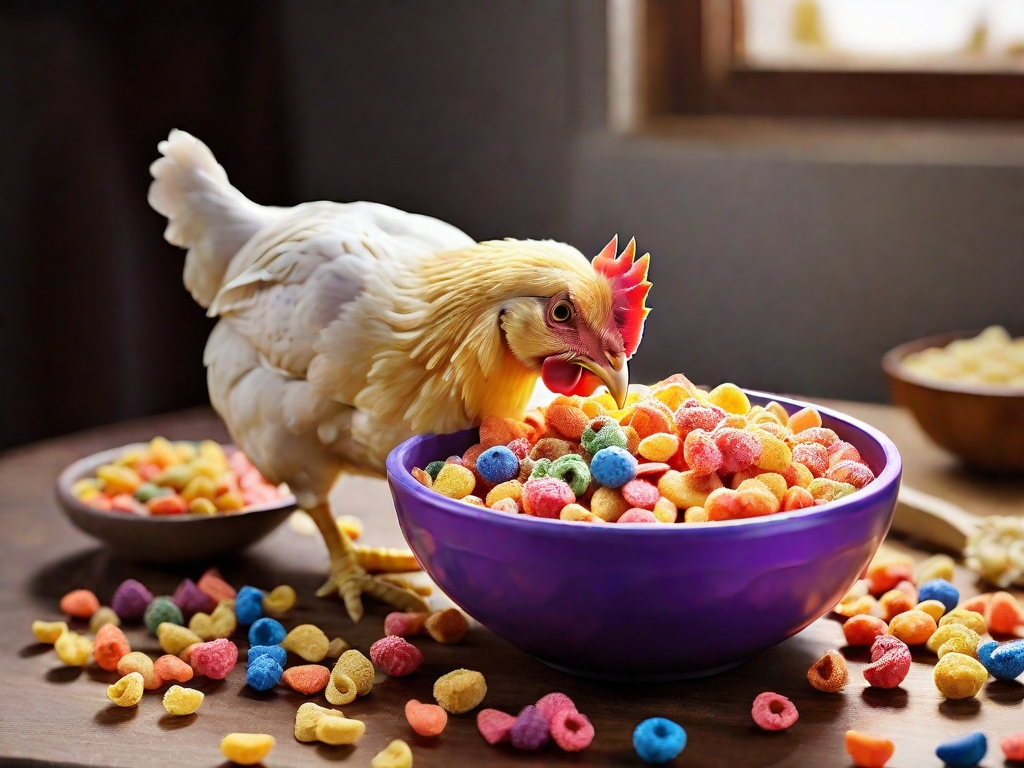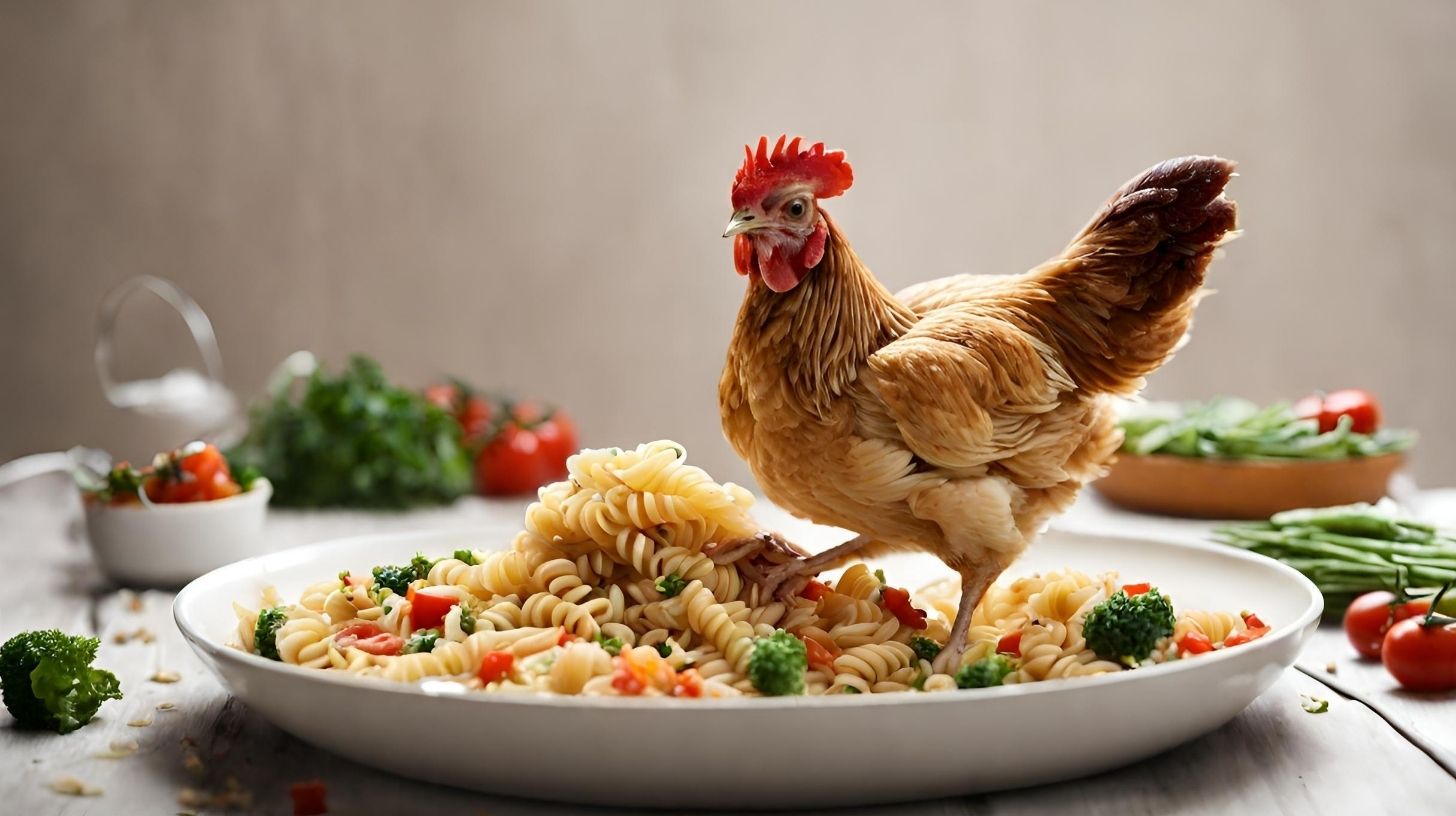Why Do Roosters Chase You? Understanding Rooster Aggression

Table of content:
- Why Do Roosters Attack Humans?
- Why is My Rooster Trying to Spur Me?
- What Makes Roosters Aggressive?
- How Do I Get My Rooster to Stop Attacking Me?
- Are Roosters Aggressive by Nature?
- Do Roosters Attack Out of Dominance?
- Why Does My Rooster Keep Chasing My Chickens?
- How Can I Train My Rooster Not to Be Aggressive?
- What Causes Roosters to Be Mean?
- How Do I Stop a Rooster from Being Aggressive?
- Final Thoughts
Roosters chasing humans is a common occurrence, especially for those living on farms or homesteads with backyard chickens. While it can be alarming to have an aggressive rooster coming after you, there are reasons behind this behavior that can help you understand it better. By learning what’s driving your rooster to attack, you can take steps to curb the aggression.
Why Do Roosters Attack Humans?
Roosters are naturally territorial animals. In the wild, it is their instinct to protect their flock from any perceived threat. When kept domestically, they still retain this strong protective drive. This often leads them to see humans as intruders and chase us away. Some specific reasons roosters attack humans include:
- Establishing Dominance – Roosters have a pecking order in their flock and will assert their dominance through aggression. Chasing humans is one way they try to establish themselves as the alpha.
- Defending Territory – The area a rooster lives in is their domain to protect. They will chase any human encroaching on their space.
- Guarding Resources – Food, water, and hens are resources roosters want to protect. They will chase humans who get too close.
- Fear – Loud noises, fast movements, or unfamiliar objects can startle roosters and trigger an aggressive response.
Why is My Rooster Trying to Spur Me?
Roosters have sharp spurs on the back of their legs that they use for fighting and establishing pecking order. When your rooster tries to spur you, it is asserting its dominance and perceiving you as a threat. Here are some common reasons for spurning:
- The rooster sees you as a rival male in his territory
- You run away from a chasing rooster, triggering their prey drive
- You interact with the hens, making the rooster jealous
- You show signs of weakness that the rooster tries to exploit
Understanding the root causes of your rooster’s aggression can help you curb the spurring behavior.
What Makes Roosters Aggressive?
There are a few key factors that can lead to increased aggression in roosters:
- Breed – Game fowl breeds like Cornish and Rhode Island Reds are bred specifically for aggression. They are more likely to be territorial and attack.
- Hormones – Testosterone causes roosters to be more territorial and competitive. Castration can reduce these hormones and aggression.
- Stress – Overcrowding, confinement, heat, and predators can all raise a rooster’s stress levels and defensive reactions.
- Lack of Hens – Too few hens compared to roosters gives the males no one to focus their attention on besides humans.
- Past Experiences – Roosters that have successfully chased off humans before will repeat the behavior since it works.
How Do I Get My Rooster to Stop Attacking Me?
If your rooster frequently acts aggressively toward you, there are training techniques you can implement to modify their behavior:
- Carry a stick or spray bottle – Having these when approaching roosters lets you fend off attacks and teach them you are not defenseless.
- Stand your ground – Do not run away from roosters as this encourages chasing. Stand tall, face them, and walk towards them to establish dominance.
- Separate a violent rooster – Keep an incorrigibly aggressive rooster in a separate pen area away from humans.
- Discourage spur attacks – Block strikes with a board or stick to discourage this behavior.
- Reward calm behavior – Give roosters food treats when they are docile and calm around you to positively reinforce this conduct.
Are Roosters Aggressive by Nature?
Roosters are naturally inclined to be territorial and protective of their flock. They are hardwired to view outsiders as threats and be ready to chase intruders away. However, the degree of aggression displayed can vary based on breed, environment, and handling. Some roosters are calmer and can be trained not to attack. However, their basic instincts drive them to exhibit aggressive behaviors, especially towards unfamiliar humans or animals. Proper training and caretaking practices can curb violence from an early age.
Do Roosters Attack Out of Dominance?
Asserting dominance is one of the primary reasons roosters attack humans. In their minds, we are intruders in their territory that need to recognize their authority. Specific signs a rooster is attacking out of dominance include:
- The rooster puffs up his feathers to appear bigger
- He singles out one person to chase persistently
- The rooster stares you down and gets close to spur
- He chickens head bob and dance aggressively to intimidate
- The attacks seem methodical, not panicked
Dominance attacks are part of their innate social hierarchy. A rooster wants to make it clear he is the alpha animal in his flock.
Why Does My Rooster Keep Chasing My Chickens?
It is common for roosters to chase, peck, and mount hens in their flock frequently. While it may look aggressive, this is usually normal mating behavior. Reasons a rooster chases chickens include:
- Herding hens to food, water, and shelter
- Establishing mating rights over hens
- Showing dominion over the flock
- Keeping hens together for protection
Unless the rooster is drawing blood and severely injuring hens, chasing is part of their repertoire. But you should separate hens being singled out and over-mated.
How Can I Train My Rooster Not to Be Aggressive?
With time and consistency, it is possible to train a rooster not to attack humans. Some tips include:
- Hand feed roosters treats so they associate you with positive rewards
- Pet them frequently so they become accustomed to human touch
- Verbally scold them firmly when they act aggressive
- Use a water spray bottle on charging roosters to condition a nonviolent response
- Pen up violent roosters for a “time out” immediately after aggressive acts
- Give roosters a place to retreat from humans when needed
With the right training techniques, even naturally aggressive breeds can learn better manners. But progress takes regular interaction, patience, and enforcing consistent rules.
What Causes Roosters to Be Mean?
Though territoriality is in their nature, there are some factors that can cause roosters to be excessively mean and prone to unprovoked attacks:
- Improper breeding that selects for hyper-aggression
- Confinement in small spaces creates stress
- Exposure to harsh handling or abuse
- Lack of early socialization with humans
- Pain or sickness lowering their tolerance threshold
- Hormonal imbalances
- Lack of hens to absorb their attention
While you may not be able to eliminate all aggressive tendencies, mitigating these conditions can help a rooster be less reactive and mean.
How Do I Stop a Rooster from Being Aggressive?
To curb aggressive behavior in a rooster, here are some effective remedies:
- Neuter roosters at a young age to decrease testosterone-fueled violence
- Give roosters plenty of space and hens so they feel less threatened
- Discourage attacks with squirt bottles and sticks
- Handle roosters frequently from a young age so they grow accustomed to humans
- Provide roosters vertical perches and hiding spots to retreat when upset
- Pen up persistently violent roosters away from human interaction
- Rehome excessively aggressive roosters as a last resort
While their natural tendencies make true passivity difficult, employing these strategies early and patiently can help stop most roosters from being dangerous.
Final Thoughts
Having a rooster chase, peck, or spur you can be a scary and frustrating experience. But by understanding the innate protective and territorial motivations behind their aggression, you can take steps to mitigate these reactions. With time, consistency, and proper training, roosters can learn to control their natural violence and live among humans more harmoniously. While they may never be as docile as hens, it is possible to inhibit chasing and attacks in most roosters when armed with knowledge of their motivations and behaviors. Just be prepared for it to be a gradual process requiring patience and persistence.
Welcome. I’m Adreena Shanum, the proud owner of this website, and I am incredibly passionate about animals, especially poultry. I founded adreenapets.com as a labor of love, stemming from my desire to share my knowledge and experiences with poultry enthusiasts worldwide.




